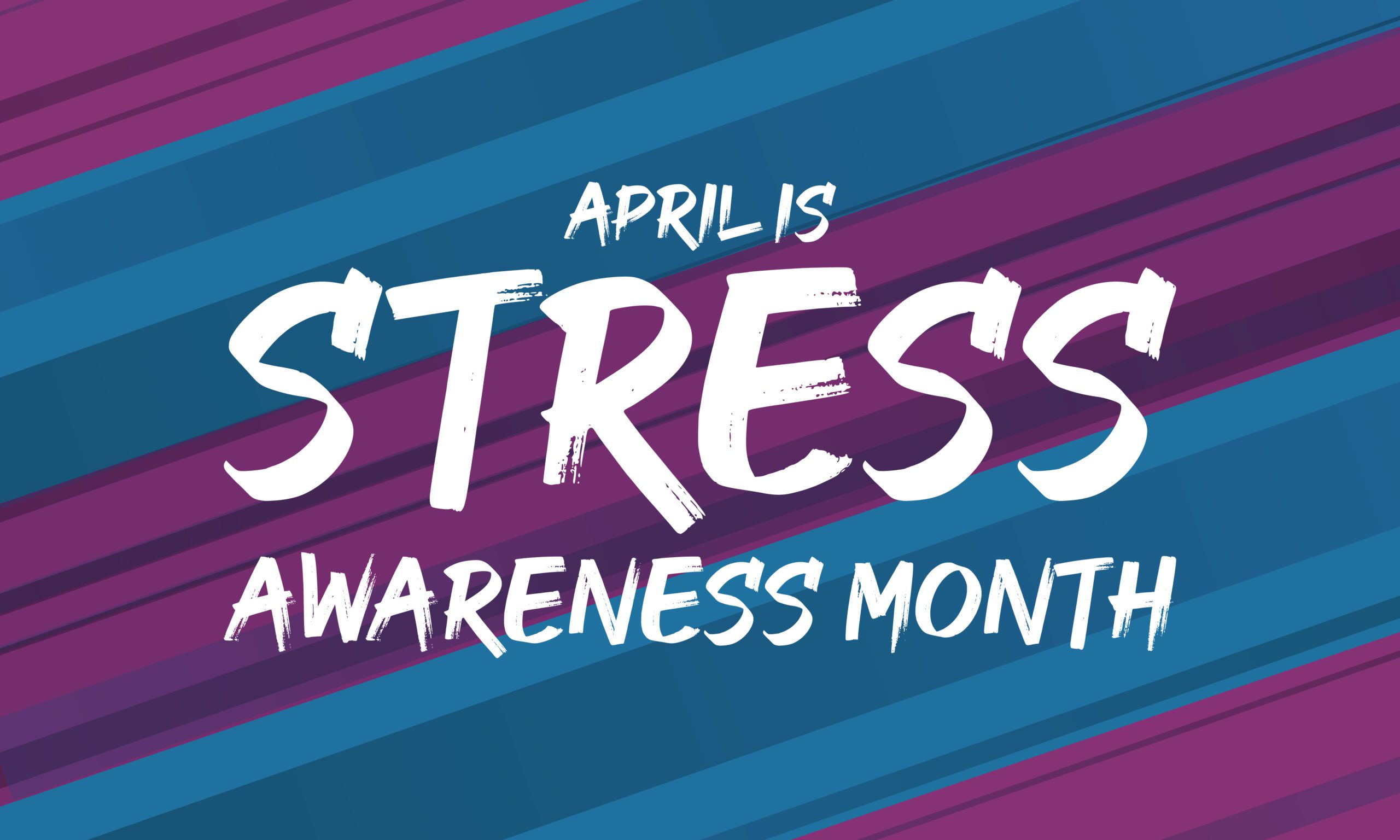Risk for worse cardiovascular health is increased by work-related stress.
A cross-sectional study published in the Journal of the American Heart Association found that work-related stress (WRS) is associated with worse cardiovascular (CV) health.
CV health comprises the presence of CV disease and 8 health behaviors and factors.
Investigators from Johns Hopkins University School of Medicine sourced data for this study from the Multi-Ethnic Study of Atherosclerosis (MESA), which was a community-based cohort study that collected baseline data between 2000 and 2002 in the United States. CV health was assessed among participants (N=3579) on the basis of WRS. CV health was scored using the American Heart Association’s Life’s Simple 7 metrics, in which inadequate health was defined as a score of 8 or less, average health as a score of 9 or 10, and optimal health as a score of 11 to 14. Work-related stress was based on yes or no questions about work stress.
Individuals with (n=716) and without (n=2863) WRS had mean ages of 55±7 and 57±9 years, 56% and 46% were women, 47% and 40% were White, 48% and 42% had a Bachelor’s degree or above, and 65% and 61% had a salary of $40,000 or above, respectively.
Our findings support the importance of workplace wellness programs designed to manage stress, promote CVH [CV health], and reduce the risk of CVD [CV disease] events.
Overall, 23% of individuals had optimal, 33% average, and 44% inadequate CV health.
Individuals with WRS were less likely to have optimal (adjusted odds ratio [aOR], 0.73; 95% CI, 0.58-0.92) or average (aOR, 0.75; 95% CI, 0.62-0.92) CV health compared with individuals without WRS.
Similarly, WRS was associated with a lower likelihood of having 6 or 7 (aOR, 0.52; 95% CI, 0.32-0.85), 4 or 5 (aOR, 0.56; 95% CI, 0.40-0.78), and 2 or 3 (aOR, 0.64; 95% CI, 0.46-0.89) ideal metrics compared with no WRS.
Stratified by health metrics, WRS was associated with a lower likelihood of having ideal physical activity (aOR, 0.70; 95% CI, 0.56-0.86) and ideal BMI (aOR, 0.79; 95% CI, 0.63-1.00) relative to poor physical activity and poor BMI, respectively.
No modifying effects of age, gender, or race and ethnicity were observed.
Similar trends were observed when the analyses were restricted to individuals reporting WRS for 6 or more months.
This study may have been limited by relying on self-reported outcomes of WRS, diet, physical activity, and smoking.
The study authors concluded, “…we found that work-related stress was associated with greater odds of having unfavorable CVH [CV health] measured by the CVH scores, number of ideal CVH metrics, and individual CVH metrics. Our findings support the importance of workplace wellness programs designed to manage stress, promote CVH, and reduce the risk of CVD [CV disease] events.”
Disclosure: One study author declared affiliations with biotech, pharmaceutical, and/or device companies. Please see the original reference for a full list of authors’ disclosures.
To learn more about stress go to stress.org
This article originally appeared on The Cardiology Advisor
References:
Ogunmoroti O, Osibogun O, Allen NB, et al. Work-related stress is associated with unfavorable cardiovascular health: the multi-ethnic study of atherosclerosis. J Am Heart Assoc. Published online November 6, 2024. doi:10.1161/JAHA.124.035824




